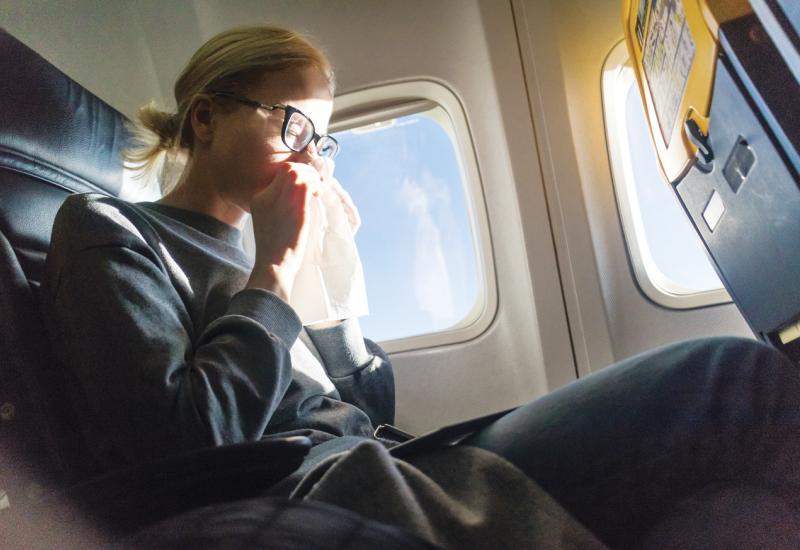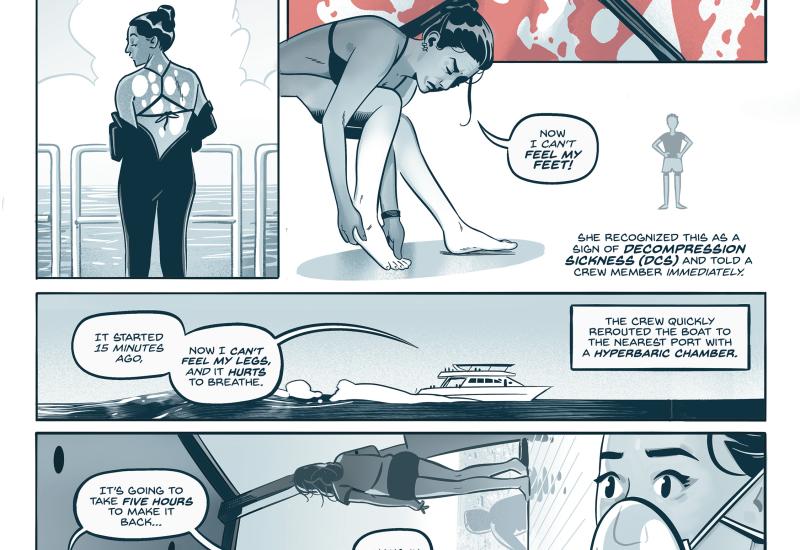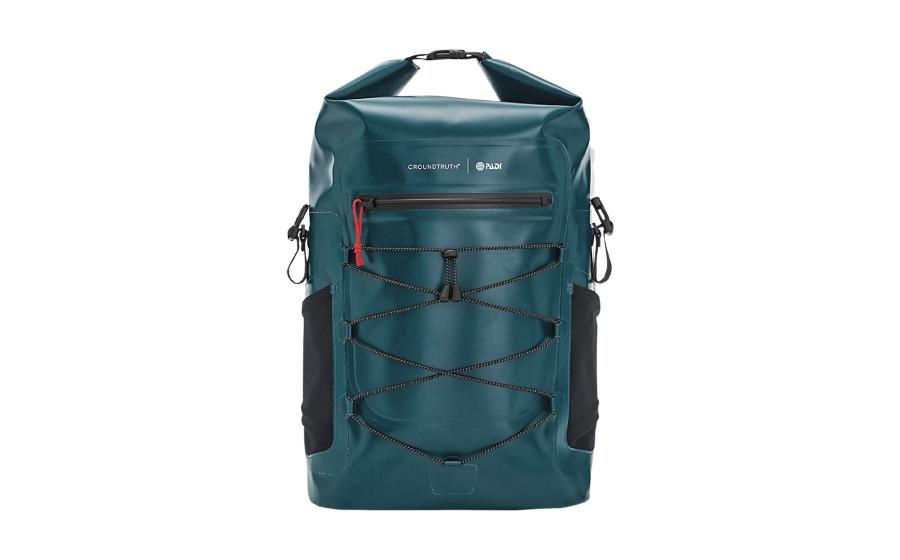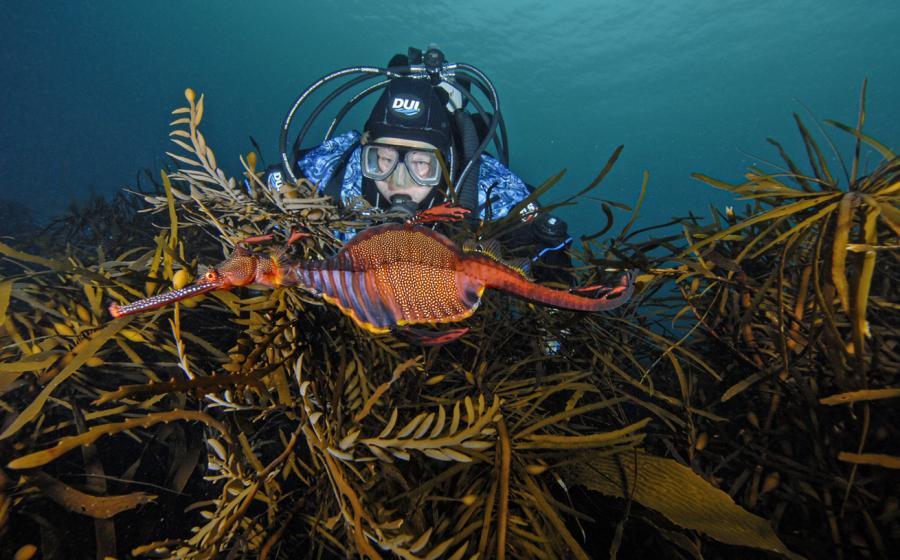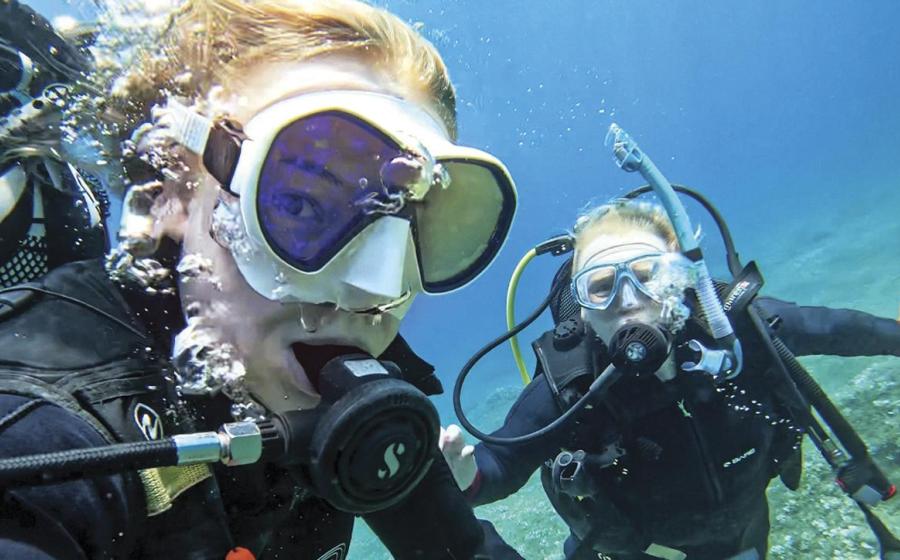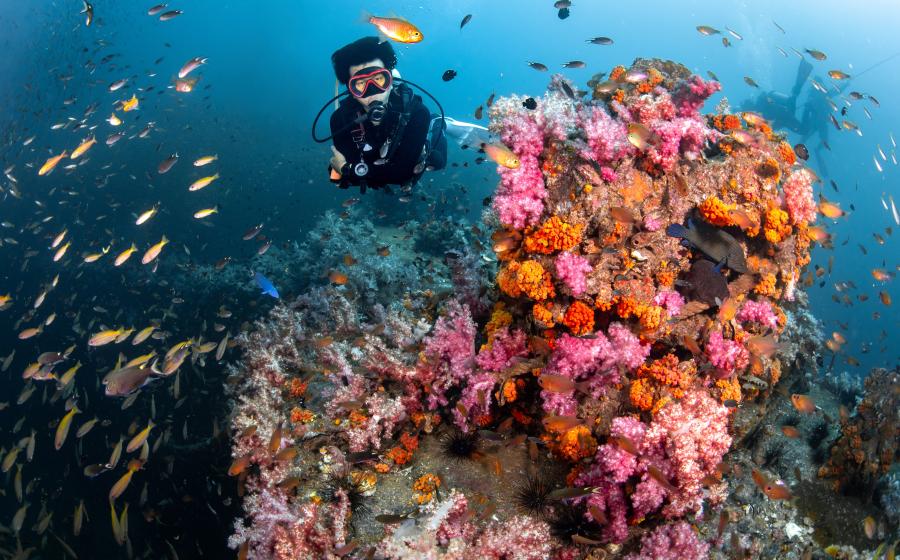How Can Divers Prepare for Emergencies While Traveling?

Illustration: Lauren RebbeckPADI Pro Annie Crawley answers a reader's question about how to prepare for diving emergencies.
Dear Annie,
On a recent trip, my friend fell and got hurt in a nondiving emergency. Thankfully, there was a nurse on board, but it got me wondering: What can I do as a recreational diver to be prepared in case of emergencies when traveling?
- At the Ready
Dear Ready,
I experienced this scenario when I was injured on a trip a few months ago. We were in a remote location with limited medical facilities far away. Although I was the patient, my training as an Emergency First Response (EFR) Instructor allowed me to help others help me.
For every travel destination, I create an emergency action plan (EAP) before I go. This outlines what to do in a diving or nondiving emergency. An effective EAP breaks down the steps to take, including when to activate the local emergency services (such as calling 911), the location and contact information for the closest hospital or medical center, phone numbers of local resources, and questions to ask the patient. I highly recommend everyone make an EAP for their travels, especially to remote locations.
Related Reading: How Can I Detect and Stay Safe In Down-Currents?
You learn to create an EAP during your PADI Rescue Diver course, but you can also sometimes find these online or request them from your local dive shop.
I encourage all divers to gain experience and become PADI Rescue Divers. As a rescue diver, it’s required to have a current first-aid and CPR certification. Many dive shops offer Emergency First Response (EFR) courses, open to all, not just divers. The shop may also offer the PADI Emergency Oxygen Provider course, or DAN Basic Life Support (BLS), Emergency Oxygen for Scuba Diving Injuries (EO2) and Diving First Aid (DFA) classes that explore more diver-related injuries than a regular first-aid course.
In the EFR course, you will learn to provide first aid and deliver emergency oxygen, but like all diving skills, you will need to practice what you learn to become proficient. EFR certifications last for one or two years, depending on the course.
Related Reading: What's the Most Important Dive Gear to Invest In?
At times, dive travel will bring you to remote locations. Prevention is always the number one defense against emergencies. I dive more conservatively and always look out for hazards such as wet floors or ladders. Although we can prevent incidents through experience and knowledge, things can happen that are out of our control. Knowing how to prevent and what to do in an emergency is paramount for all. I also talk to my fellow travelers and determine who has emergency and medical training. When I worked as a captain and dive instructor on boats and at resorts, we always knew who the EMTs, doctors and nurses were, so we knew who to call upon to help in case of an emergency.
Having a robust first-aid kit is also necessary. Make sure to regularly check yours to know what is in it and how to use everything. Replace expired meds and resupply as needed. Pack basic overthe-counter pain medicine, including both Tylenol and Ibuprofen, triple antibiotic cream, bandages, gauze and wraps, antidiarrheals, rehydration packets and anything else you deem necessary. When traveling for extended periods, I consult my doctor to plan for contingencies. I’ve learned to travel with any meds I may need but also to pack backup medication in my luggage in case of loss or theft.
It’s smart to ask how to be a more prepared diver, as this information may help you or your buddies someday!

Ask Annie
PADI Master Scuba Diver Trainer Annie Crawley answers your most pressing questions about dive etiquette, training qualms and gear analysis with zero judgment and a whole lot of lived experience.
Have a question for Annie? Send to [email protected] with the subject "Ask Annie".

